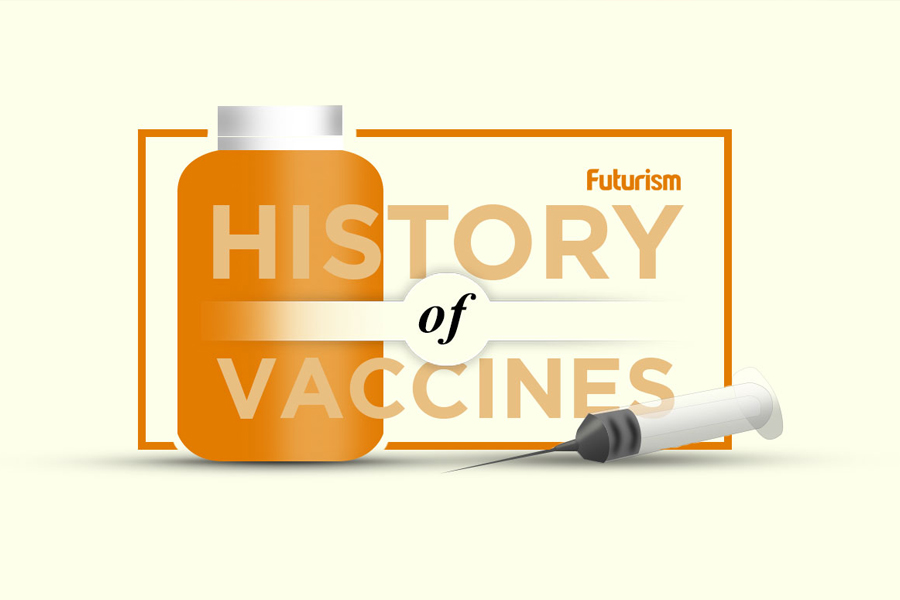
“No Jab, No Play”
Australian Prime Minister Malcolm Turnbull is serious about vaccines; so much so that he wants to ban unvaccinated children from attending preschools and daycare centers across the country. This “no jab, no play” proposal is part of the Australian government’s efforts to raise the number of children that have received standard childhood inoculations from 93 percent to 95 percent.
The standard childhood vaccines include those for measles, mumps, and rubella — known collectively as the MMR vaccine. Not only does the vaccine help prevent school-age children from falling ill, it also protects infants who are too young to be inoculated, or those unable to be vaccinated for medical reasons.
Reaching a 93 percent rate of children with standard vaccinations is no small feat for any country, and something that Australia has already achieved. In order to get that number even higher, the government committed to other measures: for example, as of January 2016, families with unvaccinated children no longer qualified to receive childcare subsidies.
There are already several parts of the country — such as Victoria, New South Wales and Queensland — where a version of this new policy is already in place. In fact, Turnbull’s concept is a based on a policy that’s already been implemented in Victoria. That policy — which may be among the country’s strictest — requires all children to be fully immunized, exempting only those that cannot for a medical reason such as an allergy. In other states and territories, any children who aren’t vaccinated only have to be kept home from preschool if there’s an infectious disease outbreak.

Vaccines Save Lives
Some find the proposed policy harsh, or even unnecessary. Others are worried it could backfire. Julie Leask, from the University of Sydney, thinks that preventive measures would only embolden anti-vaccine parents. “People without any previous interest in vaccination may defend anti-vaccination activists and join their cause because they are concerned about the threat to civil liberties,” she warned.
Nesha Hutchinson of the childhood education advocacy group Australian Childcare Alliance, fears that such a policy would result in the kids of anti-vaccine parents not being able to access early childhood education. Still, she is convinced that a nationwide policy like the one being proposed could conceivably raise immunization rates.
The World Health Organization (WHO) estimated that smallpox killed around 2 million people worldwide in 1967.
Higher immunization rates means more people are protected from infectious diseases — many of which can be fatal. Case in point: smallpox used to be deadly. This highly contagious virus was one of the deadliest diseases ever to befall humanity, killing more than 300 million people in the 20th century alone. The World Health Organization (WHO) estimated that smallpox killed around 2 million people worldwide in 1967. It’s believed to have first affected human populations as far back as 10,000 BCE, meaning we may never truly know its total death toll.
That being said, because of the vaccine, no one dies from smallpox anymore. The last naturally occurring case was reported in 1977, and by 1980 the WHO declared smallpox eradicated — in large part due to a global immunization campaign led by the organization.
Of course smallpox is just one of a number of infectious diseases that plague the world. But its story is proof of what an effective immunization program can do: it can, and does, save lives.